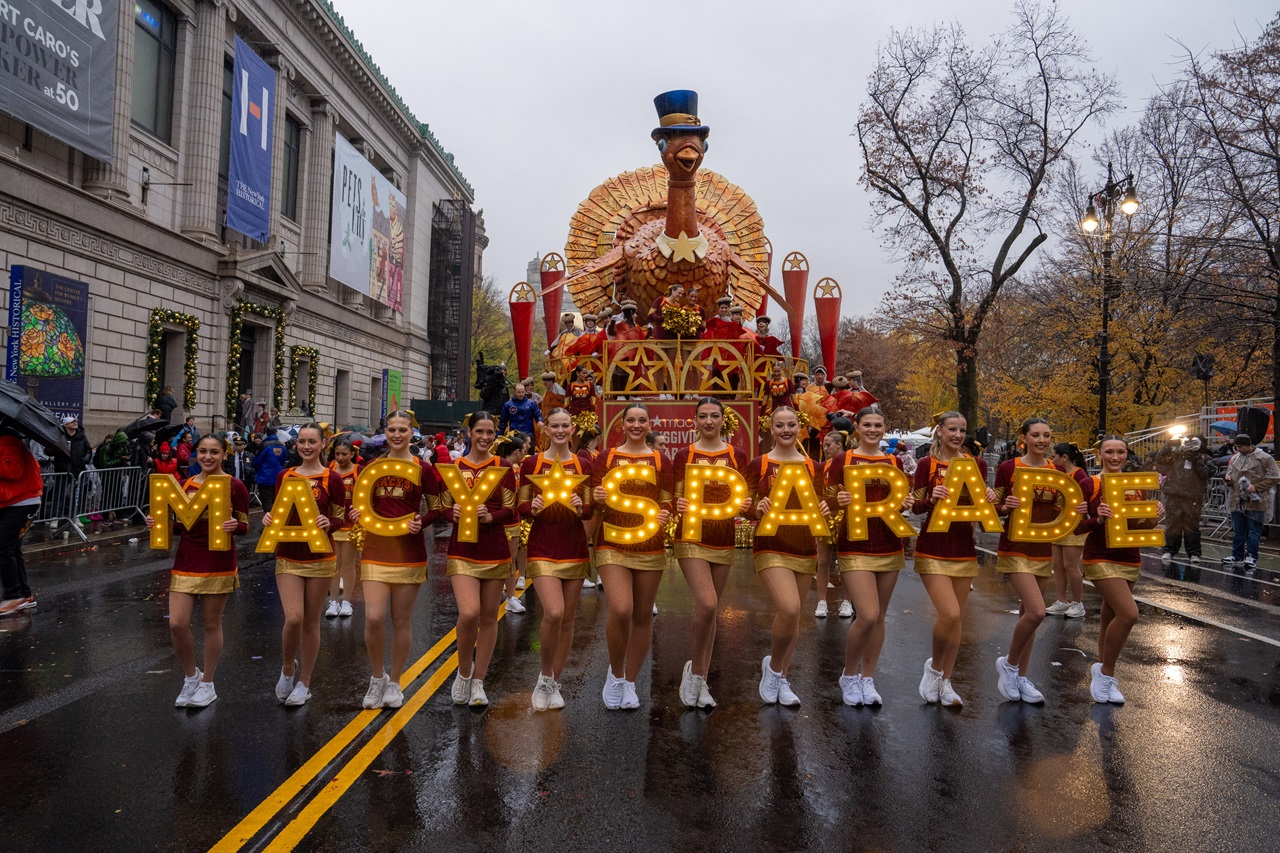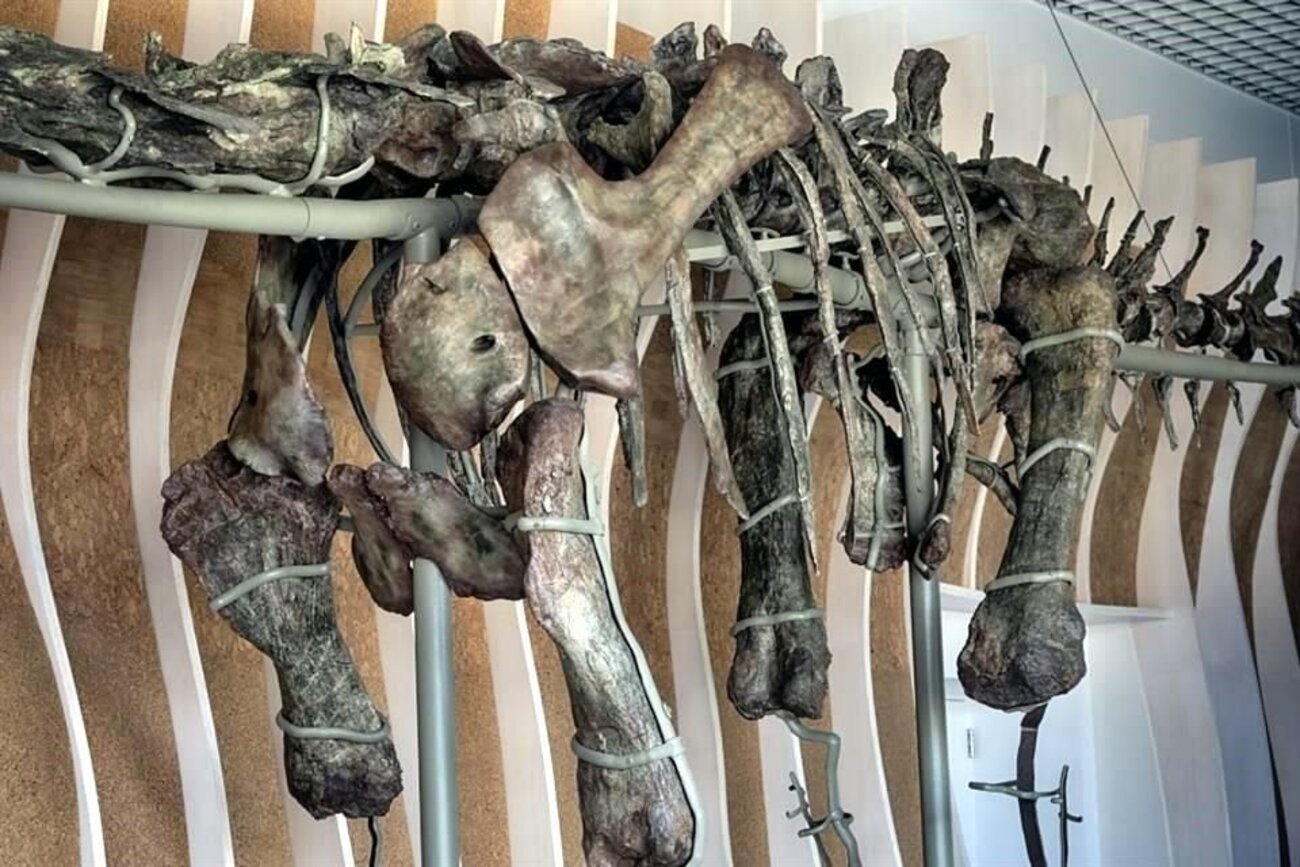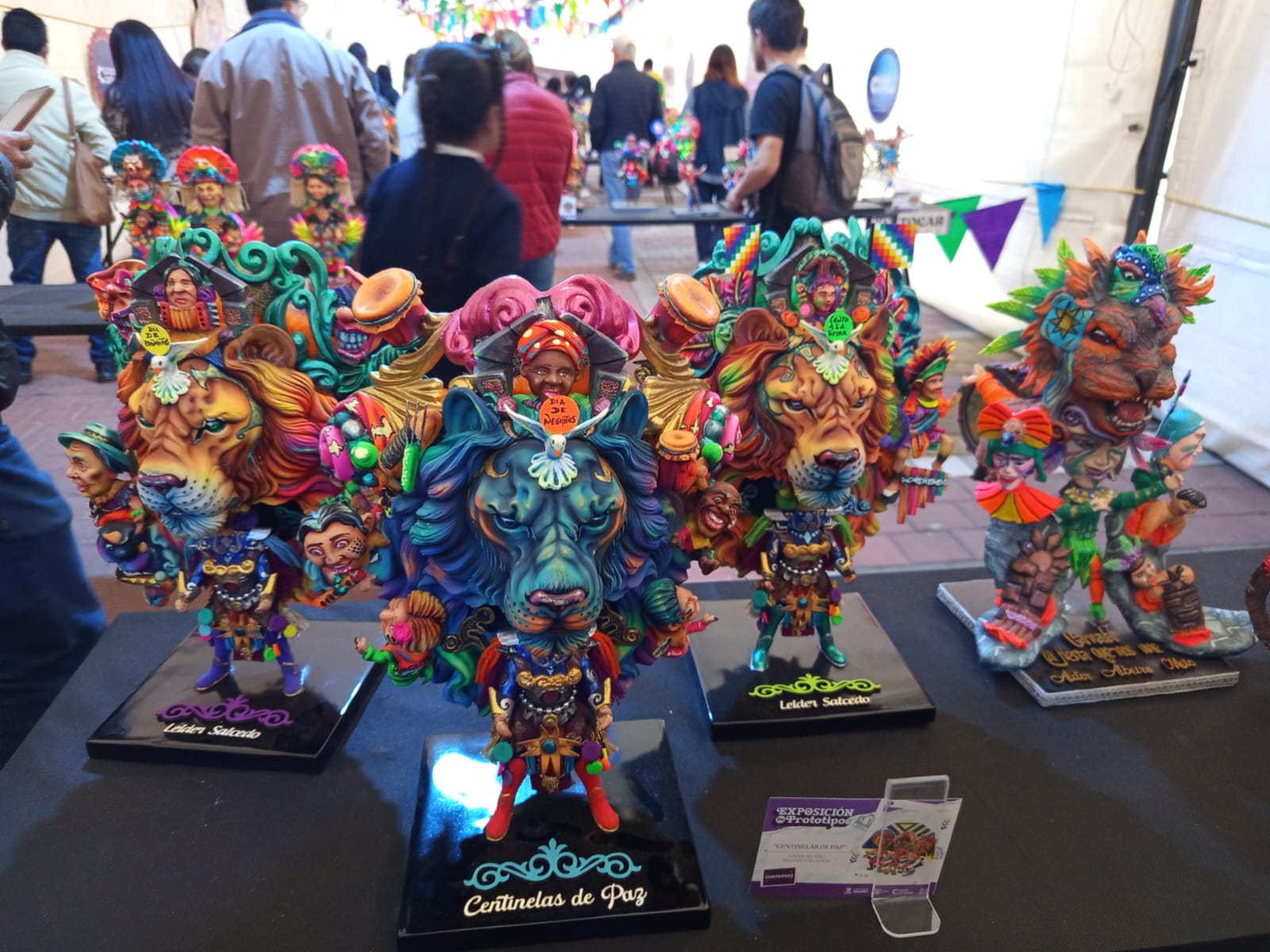
Puerto Rico celebrates Pride Month amid contentious conversion therapy decision, and a trying year for its LGBTQ+ community
Despite Pride Month being in full swing and celebrations underway around the world, there is still a contentious feeling in Puerto Rico given recent events.
While the island will see events this Pride Month, they are occurring amid controversy over the government's shortcomings in passing a bill intended to ban conversion therapies.
Last month, eight senators chose to vote against Senate Bill 184, legislation banning conversion therapy in Puerto Rico. An additional three senators were absent from the vote.
The result: medical professionals reserve the authority to charge parents, and force their children to attend conversion therapy under the guise of “curing” sexual orientation. The conversion therapies are sometimes labeled as “self-esteem” or “religious retreats.”
This recent vote came in the aftermath of a 2019 ban on conversion therapies carried out by health officials with government affiliation. Health services not in connection with the Puerto Rican government may legally continue to endorse conversion therapies.
Furthermore, governors reserve the right to revoke the 2019 executive order.
Some in favor of Senate Bill 184 believe its failure to pass is a result of a disinformation campaign aimed at painting the bill as heterophobic. Among others, a claim circulated that the bill, if passed, would qualify non-accepting parents for incarceration.
Regardless of the government’s inaction, Pride has long had a home in the island’s capital.
San Juan is often cited as a capital of queer pride on the island, as well as in the whole of the Caribbean. The city houses many gay bars and clubs, discos, restaurants, LGBTQ+ guest houses, pride events, and a LGBTQ+-owned and operated hotel.
The first Pride march in the city was in 1990, and was a commemoration for the victims of the 1980s AIDS epidemic.
That year, San Juan also saw the start of Puerto Rico’s pride celebrations, when a group marched down the city’s Ashford Avenue in a show of defiance against a police regulation aimed at persecuting, disenfranchising the island’s LGBTQ+ residents.
In the early 2000s, attendees of Pride events showed out against the criminalization of homesexuality. It remained a reality until 2003. In the 2010s, attendees highlighted the injustice of workplace discrimination based on gender identity and sexuality orientation (made illegal in 2013) and the need for marriage equality: achieved in 2015.
Today in Puerto Rico, LGBTQ+ youth are at risk of being subject to conversion therapy: a practice proven to promote shame and self-hatred. For many, the practice was designed to discourage LGBTQ+ youth from embracing their identity via fear and intimidation.
Psychologists have found conversion therapies frequently result in depression, anxiety, drug abuse, behavioral issues, and suicidal ideation. These issues are already common among LGBTQ+ youth without the influence of the practice.
Classified as torture by the United Nations, conversion therapy’s intent is obvious, and the practice’s effects are known firsthand by many on the island.
CONTENIDO RELACIONADO
Justin Santiago, a 66-year-old trans man, underwent conversion procedures in his youth. Decades later, the practices are still in effect with powerful people lobbying for their preservation.
In 2018, Santiago became the first trans man in Puerto Rico to change his name and gender on his birth certificate. The victory was significant, and marked the coming opportunities for others to do the same.
This Pride month, there will be more than a few celebrations held across the island. Some of these events will take place in addition to San Juan, in Cabo Rojo, Ponce, and Vieques.
San Juan celebrations typically begin the first week of June. This year, the events continue throughout the month and conclude on June 26 at El Ultimo Trolley Beach.
The city’s “LGBTTIQ Pride March of Puerto Rico,” as it’s called by travel website, misterb&b, is representative of a fight for equality, human rights, social justice, and a place in Puerto Rican society. The drive behind the island’s pride festivals shift between eras.
Reasons for marching this year include the push for better health services, the recognition of trans people, and the previously-mentioned rejection of ongoing conversion therapies.
It is also a year of remembrance for Puerto Rico’s LGBTQ+ community. Last year, Puerto Rico was the U.S. territory with the highest rate of murder amongst trans individuals.
This year is also one of feminist and LGBTQ+ allyship, as activists are placing hope in Senate Bill 130: a bill which, if passed, would establish femicides and trans-femicides as crimes that constitute first-degree murder.
The desire to pass it — along with Senate Bill 184 — are narratives to watch as calls grow bigger throughout the month for some lasting progress. What better time to do it than this June?










DEJE UN COMENTARIO:
¡Únete a la discusión! Deja un comentario.